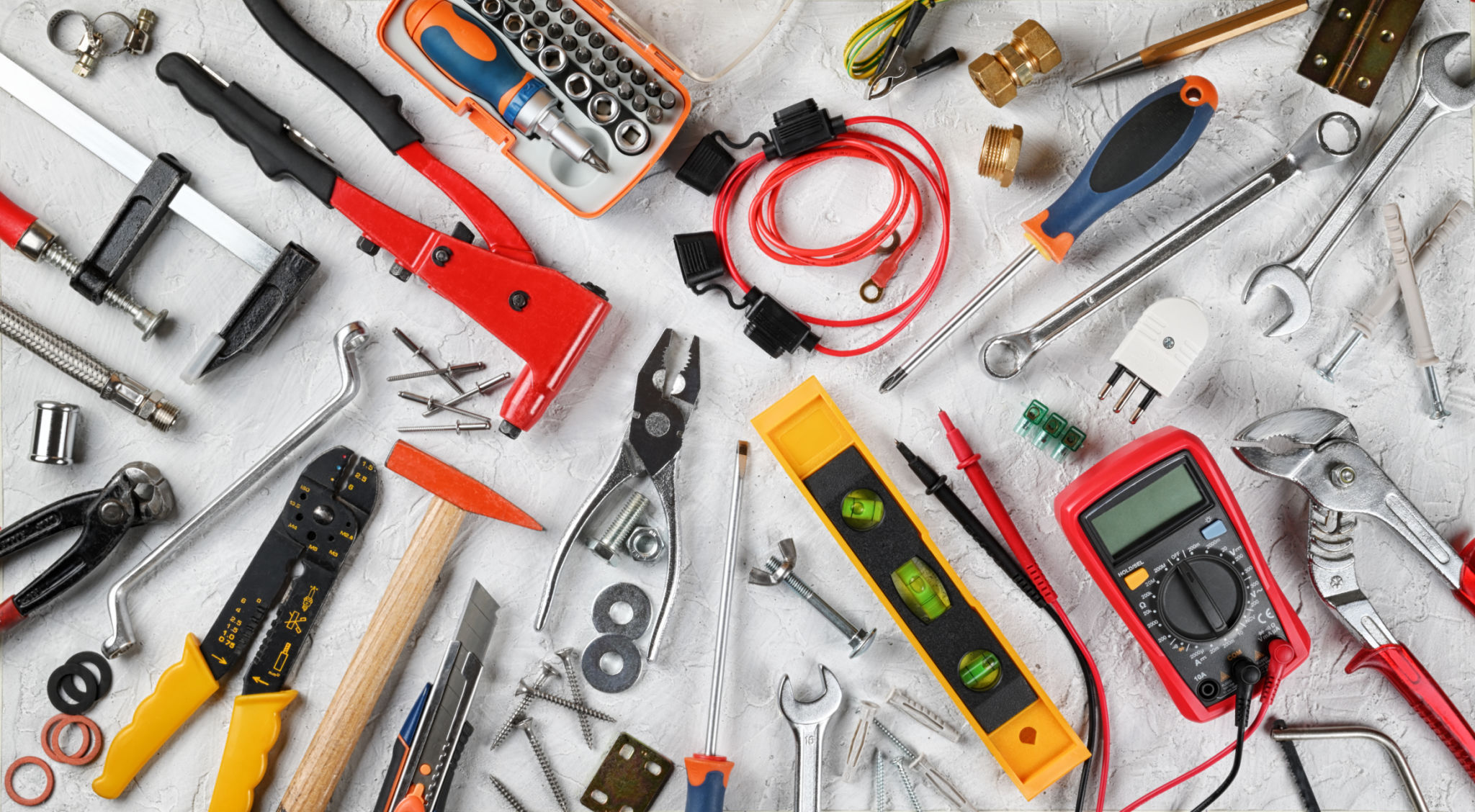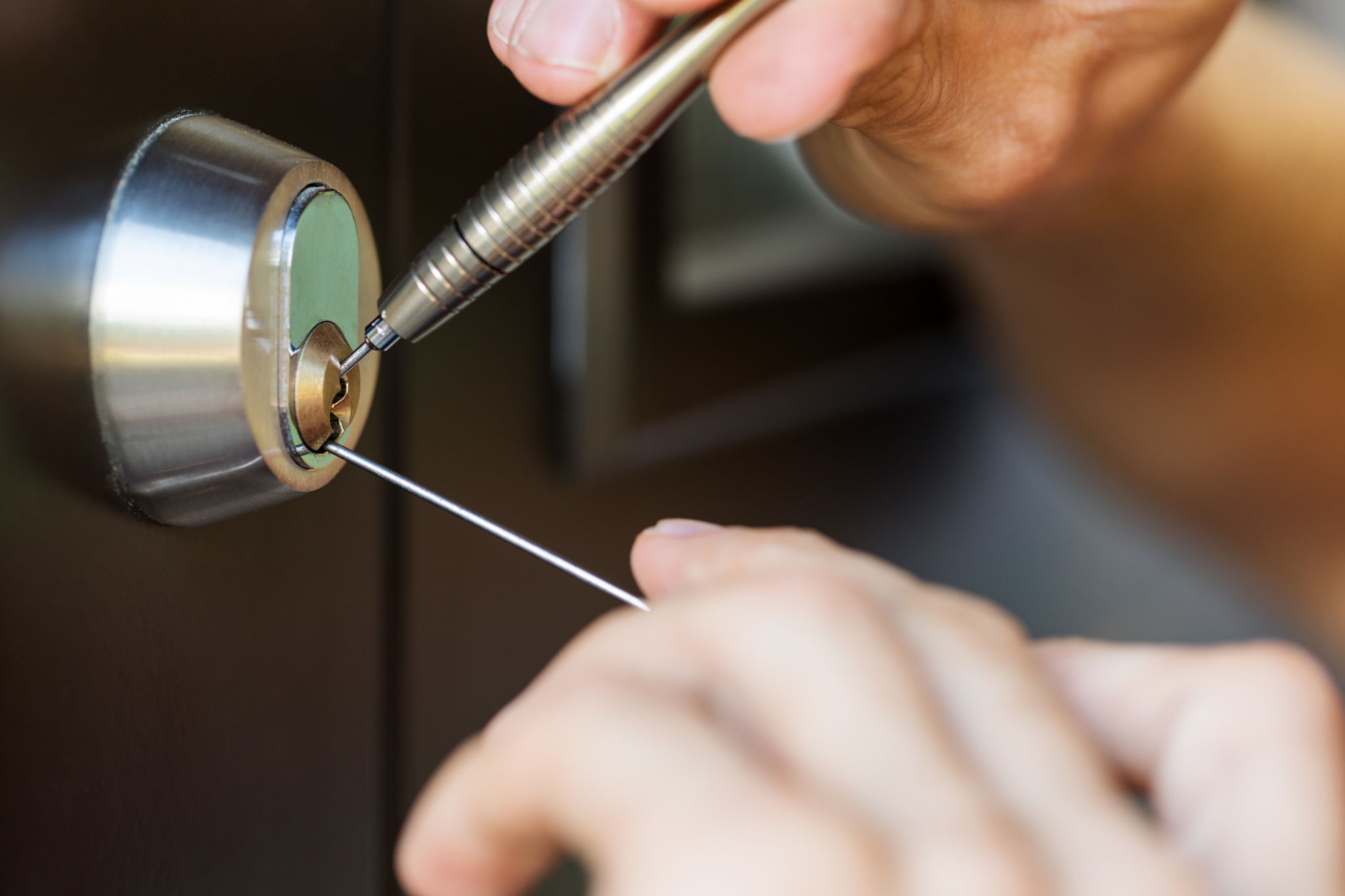DIY Home Lock Maintenance: Tips from Professional Locksmiths
Understanding Your Locks
When it comes to home security, locks are your first line of defense. Understanding how they function can help you perform basic maintenance and troubleshoot common problems. Most residential locks are either deadbolts or knob locks, each with its own mechanism and maintenance needs.
Knowing the type of lock you have is crucial. Deadbolts, for instance, provide a higher level of security compared to standard knob locks. They require a key to open from the outside and a thumb turn on the inside. Familiarizing yourself with these differences can make DIY maintenance more effective.

Regular Cleaning and Lubrication
One of the simplest yet most effective maintenance tasks is regular cleaning and lubrication. Dirt, dust, and debris can accumulate in the lock over time, leading to malfunction. To clean your locks, use a damp cloth to wipe down the exterior surfaces.
For interior parts, apply a dry lubricant like graphite powder. Avoid using oil-based products, as they can attract more dirt over time. Simply insert the tip of the lubricant tube into the keyhole and gently squeeze to apply.
Inspecting and Tightening Screws
Loose screws can lead to misalignment, which might prevent your lock from functioning properly. Regularly inspect all visible screws on your locks and tighten them as needed. Pay special attention to the strike plate on the door frame, as this is a common area for screws to loosen.

If your lock is still loose after tightening, consider replacing the screws with longer ones that can provide a better grip within the door frame. This simple adjustment can enhance the overall security of your lock.
Testing Key Functionality
Your keys should slide smoothly into and out of the lock without resistance. If you notice any difficulty, it could be a sign of a worn-out key or internal issues within the lock itself. First, try using a spare key to determine if the problem lies with the key or the lock.
If the spare key works fine, consider getting a new copy made from your spare rather than the problematic one. If neither key works well, it may be time to call a professional locksmith for a more thorough inspection.

When to Seek Professional Help
While many lock issues can be addressed with DIY maintenance, some problems require professional intervention. If you experience frequent jamming, difficulty in turning the key, or visible damage to your lock mechanism, it's best to consult a locksmith.
Professional locksmiths have the tools and expertise needed to diagnose and fix more complex issues. They can also offer advice on upgrading your locks for enhanced security or replacing them if necessary.
Conclusion
By regularly maintaining your home locks, you can ensure they remain in good working condition and provide optimal security. Simple tasks like cleaning, lubricating, and tightening screws go a long way in extending the life of your locks.
Remember, while DIY maintenance is beneficial, don't hesitate to reach out to professionals when needed. A well-maintained lock is an essential part of keeping your home safe and secure.
